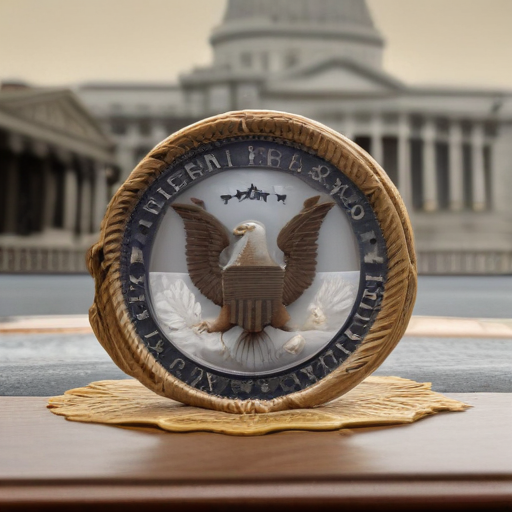Kash Patel, nominated by former President Donald Trump for a 10-year term as director of the FBI, actively distanced himself from Trump’s controversial pardoning of individuals involved in the January 6 Capitol riot during a confirmation hearing with the Senate Judiciary Committee on Thursday. Patel stated that he does not believe violent rioters who attacked law enforcement should receive pardons.
“I have always rejected any violence against law enforcement, including the violence that occurred on January 6,” Patel asserted. His statements reflect a growing divide within the Republican Party and even among members of Trump’s administration, regarding the decision to pardon many January 6 defendants, which included individuals who were armed and assaulted law enforcement officers.
Senator Thom Tillis from North Carolina echoed Patel’s sentiments, expressing his disagreement with the pardons. He articulated his respect for Capitol Police officers and shared his view that those pardoned for harming cops deserved no reprieve. Similarly, Vice President JD Vance commented that violent rioters should not receive pardons, while attorney general nominee Pam Bondi condemned the violence against law enforcement.
During the hearing, Patel faced pointed questions from Senator Adam Schiff about his past statements and associations. While discussing his fundraising efforts for nonviolent January 6 defendants, Patel refrained from directly stating that Trump lost the 2020 election, merely acknowledging Joe Biden as president. This hesitance drew concern from Senator Mazie Hirono, who emphasized the importance of the FBI’s role in maintaining factual integrity around election-related issues.
As Patel seeks confirmation, the Trump administration’s movement toward significant changes within the Justice Department and FBI continues. Recent actions have seen personnel connected to the investigations of Trump being removed or reassigned, and previous U.S. attorney Matthew Graves noted the ramifications of halting the investigations, which could leave many violent offenders unaccountable.
U.S. District Judge Paul L. Friedman remarked on the incorrect assertions in Trump’s pardon, highlighting that the cases against January 6 rioters were well-documented with comprehensive evidence, including video footage and testimonies from law enforcement. He reinforced that there was no “grave national injustice,” emphasizing the court’s role in upholding the law and providing a factual record of the events.
This situation underscores an ongoing narrative within the GOP regarding accountability and public safety, hinting at potential shifts in party dynamics. The discourse highlights the necessity for future leadership in law enforcement agencies to navigate the complex landscape of political affiliations and legal accountability.
